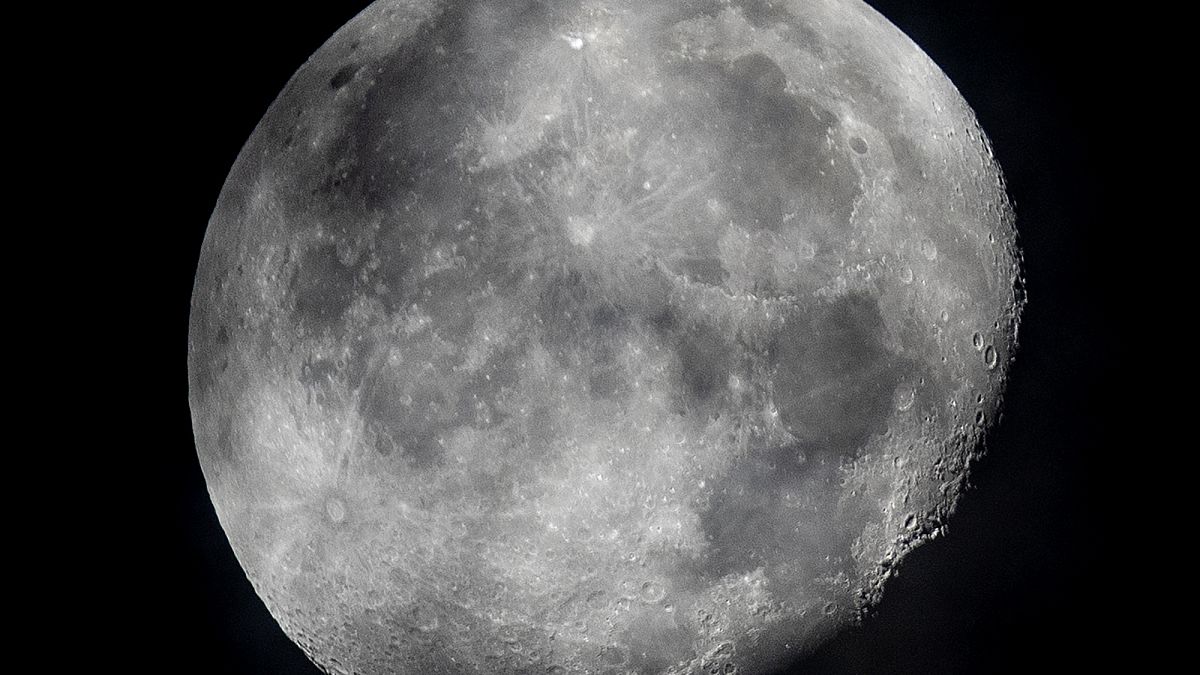

In a world marked by innovation and challenges, recent developments in space exploration and global health highlight both the potential and hurdles faced by humanity. From the possibility of sustaining life on the Moon to the resurgence of malaria in Zimbabwe, these stories offer insights into human ingenuity and the need for continued vigilance and support in tackling old and new challenges alike.
Researchers at the Chinese University of Hong Kong have made strides in advancing the feasibility of human life on the Moon. A novel technology developed by the team promises to extract water from lunar soil, transforming it into oxygen and chemical fuel. This breakthrough could address one of the major hurdles in establishing a human presence on the Moon by providing essential resources such as breathable air and energy.
The process involves using the Moon’s regolith, a loose layer of rocks and dust on the lunar surface, as a source of water through a chemical reaction. The water can then be split into hydrogen and oxygen, the latter being vital for human survival. Moreover, the ability to generate chemical fuel suggests a sustainable cycle that could support long-term lunar habitation. These findings enhance the potential for lunar missions, supporting the vision of a future where humans can live and work in space.
Meanwhile, on Earth, Zimbabwe faces a formidable challenge with the resurgence of malaria, a situation affecting its population profoundly. Experts point to a significant increase in malaria outbreaks, with 115 cases recorded just this year. This spike, described as a return ‘with a vengeance,’ is largely attributed to recent cuts in international support.
The cessation of USAID funding by the previous U.S. administration has strained Zimbabwe’s efforts to control the disease, impacting critical research and the availability of mosquito nets in the region. These measures, essential in the fight against malaria, have suffered greatly, setting back years of progress in disease management.
The decrease in resources has rendered communities more vulnerable, emphasizing the need for renewed international collaboration and support. As countries grapple with such issues, the importance of sustained funding and comprehensive health initiatives becomes crucial not only in controlling existing epidemics but also in preventing potential outbreaks.
The juxtaposition of these stories reflects a dual narrative of hope and challenge. On one hand, advancements in space technology offer a glimpse into what might be achieved through innovation and determination; on the other, the global health crisis in Zimbabwe reminds us of the fragility and interdependence of societal progress.
As we continue to explore our solar system and address urgent health challenges on Earth, it is evident that strategic investments and collaborative efforts remain central to overcoming obstacles. Whether on the lunar surface or in the malaria-affected zones of Zimbabwe, the path forward requires diligence, unity, and an unwavering commitment to improving life both on and off the planet.
Source: {link}
